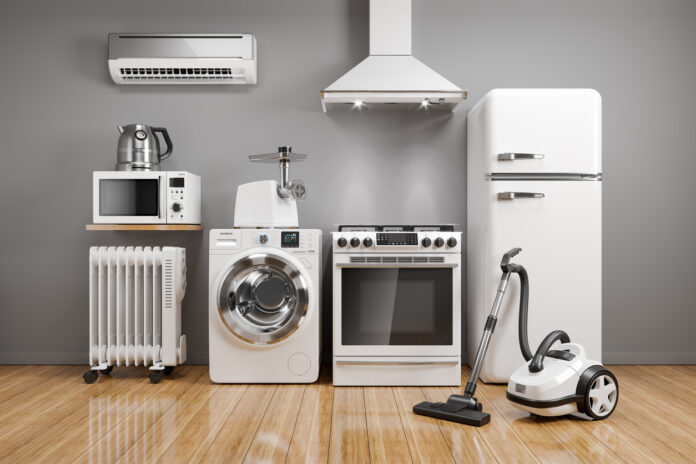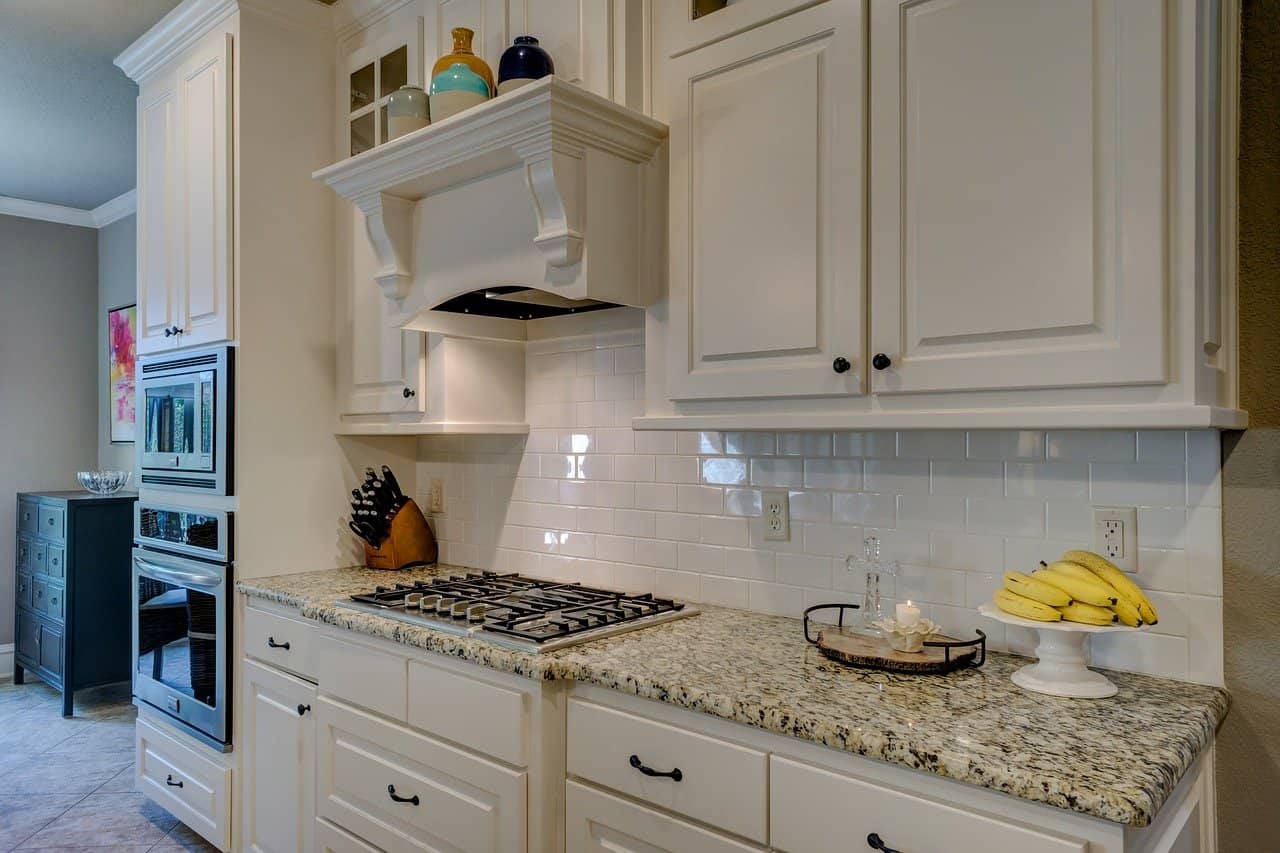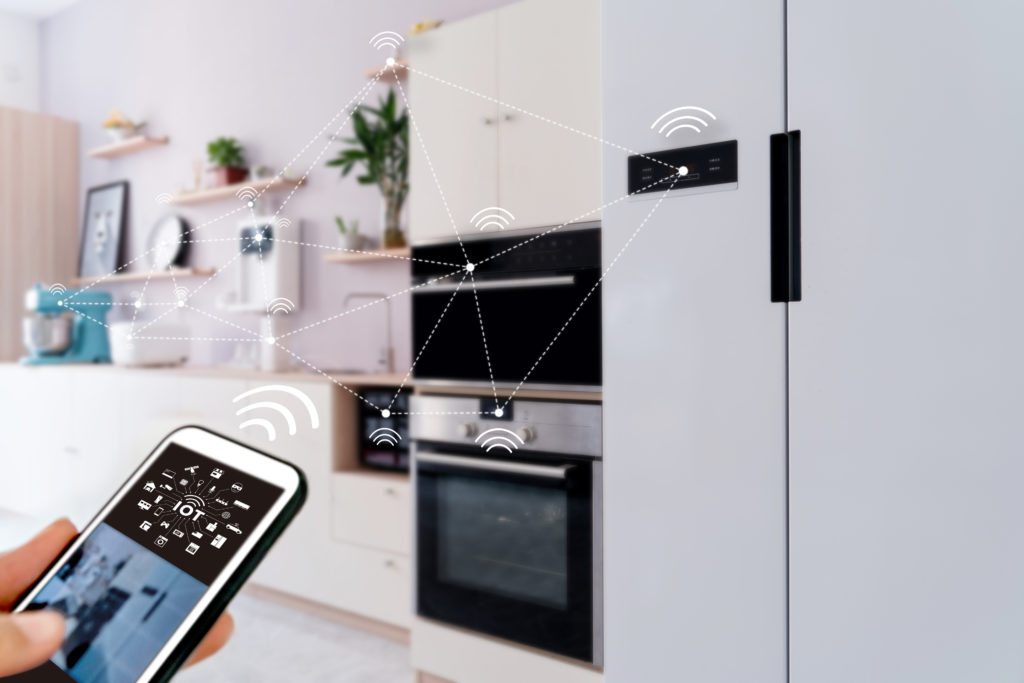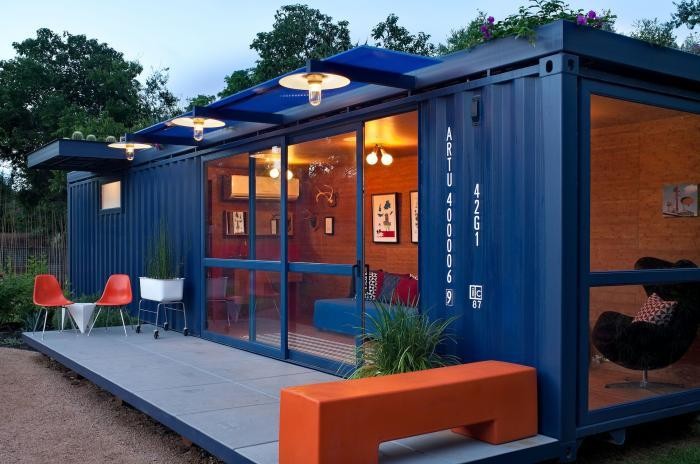Did you just move to your new home and are looking forward to revamping it with several appliances? It is quite a process and not simply going to an appliance shop and purchasing the desired appliances. There are several things you need to consider before you purchase any appliance for your home so that you do not only get an appliance of the highest quality but also operate within your budget line. Consider the following useful tips:
Decide What You Need
The initial step to buying appliances for your home is identifying and deciding which appliances you need. This will help you avoid purchasing appliances simply because they are attractive and are on sale. Different individual homes have different needs when it comes to home appliances. For instance, if you love stocking fruits and fresh vegetables then you would definitely need a refrigerator. At this point, when you have the list of all the appliances you need for your home, it is best if you follow the advice at 100percent.co.nz. According to this advice, you can visit your local store where all the appliances are sold to consult with the store managers about the type of appliances they have and whether they suit your interests. While at your local store, you can also check for the costs of the different appliances you need and any other features like warranties that come with the appliances. Don’t buy the appliances yet.
Create a Budget
Once you know what appliances your home needs, it is vital for you to create a budget. Have a list with the prices attached to each appliance you intend to purchase. Try as much as you can to fit your appliances into your budget. While at this ensure you are very realistic and reasonable. Further, do not be so stringent as you can end up buying appliances that won’t last you long. Consider the durability and quality in your budget line. It is important that you estimate the price points of your appliances with the amount of energy they consume. This will help you buy the most energy-efficient appliance. You can also consult an expert to help you determine which type of home appliances are quality and more durable. The expert can also help you attach prices to your home appliances to allow you to prepare both finances and ideal features for the appliances you need before proceeding to buy them.
Look for Criticism
If you have friends or relatives with some of the appliances you think you need for your home, ask them how the appliances are working. Listen to every criticism both negative and positive as this shall help you make informed decisions on the most ideal type of appliance to buy and where to buy it. You can also look for online customer reviews on different sites to get credible information about the appliances you intend to buy. Pay attention to any complaints and compliments raised concerning different home appliances selling company websites’ raised by preceding clients. However, you should be careful as some customer reviews can be fake. In this case, you will need to read consumer reports although you will be charged some fee before accessing them.
Measure Your Space
Nothing feels disappointing than having your perfect appliance failing to fit into your house. To avoid this disappointment, it will help if you take measurements for the spaces where you want to fit different appliances. At this point, you have already visited your local stores and you probably know the size of your target appliance. Compare it with your actual space to know whether or not you need to make some adjustments. Consider such aspects as the width, depth, and height of the appliance. Do not forget to measure the route leading to the target appliance location as this could also inconvenience you. Your doors are also a must-check.
Avoid Impulsive Buying
If you are not used to shopping for home appliances, you can easily be a victim of buying the very first thing that you will find attractive. Instead, have a list of all the appliances you need to buy and include in the list the features the appliances should have. Stick to the features you want. Besides your structural features, it is essential for you to check the energy efficiency and warranty status of the appliances. If you can get the appliances with a lifetime warranty, the better for you as you will be covered in case of any faults.
Check Out the Appliance’s Fine Print
It is wise of you to look at the instruction manual before purchasing any particular home appliance. Remember there are recently very high-tech modern appliances that can cost you lots of money to adjust them to your most precise settings. Consider buying appliances that you can comfortably use without needing to hire an expert to train you on how to use them. However, if you don’t mind buying appliances that you cannot use without an expert’s intervention, then you need to budget for that as well as look for expert contacts right at the shopping store where you shall purchase your appliances.
Remember the Extras
There are appliances that can only work efficiently if they have supplemental equipment. For instance, if you are purchasing specific types of dryers and cooktops, then you might be required to supplement their usage with some exhaust fans. Additionally, if you are purchasing a washer for use in your upstairs laundry area ensure you settle for one whose stress your home floors can stand. In the same way, for such a washer you will need to buy a drain tub lest water from your upstairs laundry room can immensely damage your house floor and that of the rooms below it.
Home appliances are essential but sensitive equipment. You need maximum preparation and research for you to land the right ones. It is also crucial for you to inquire about the delivery of the appliances at the store where you will purchase them. Ask whether your local store has free delivery services for specific home appliances and if not free, inquire about the costs of delivery. You should also know how long the appliances will take to get to your home in case the shop management decides to offer you free delivery. If you’re upgrading your home appliances have a disposal plan for the old ones before the new ones arrive.




















